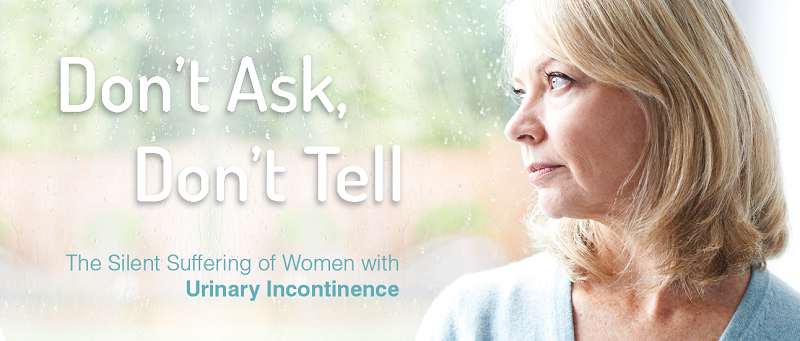
Women often suffer silently for years with urinary incontinence. They can be too embarrassed to bring it up to their health care provider and there are often other, more pressing medical issues that distract the provider from inquiring about bladder habits.
Here are some simple questions to ask yourself and they can help identify the type of incontinence you are experiencing. The type of incontinence directs the treatment plan.
Questions:
- Do you leak with physical activity such as coughing, laughing, sneezing, lifting a bag of groceries, exercise? This type of incontinence is called Stress Urinary Incontinence.
- Do you leak with an urge or feeling you need to empty your bladder but can not get to the toilet fast enough? This is called Urgency Urinary Incontinence.
- If you leak under both circumstances above, which one is the more bothersome to you?
In this blog, we are going to focus on Urgency Urinary Incontinence and some of the non-medication treatments available. We call this the Conservative Management Program. If you would like to learn about Stress Urinary Incontinence, please read our blog here.




Changing habits and strengthening muscles takes time but after a few months, it can prove to be very successful in treating urgency urinary incontinence. I get so excited when women return after working on the plan we’ve formulated together and they tell me they don’t need incontinence pads any longer, or they can go back to activities they had been avoiding. That is very rewarding for me.
If you are experiencing urinary incontinence, you don’t have to just live with it. It can be treated, often without medication or other more involved treatments.
Be an advocate for yourself! If you have urinary incontinence, bring it up to your health care provider.